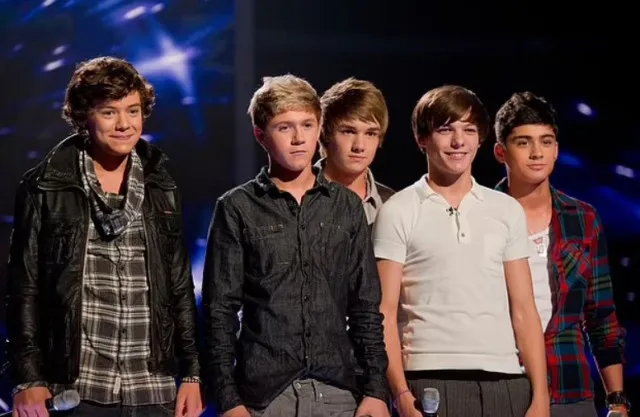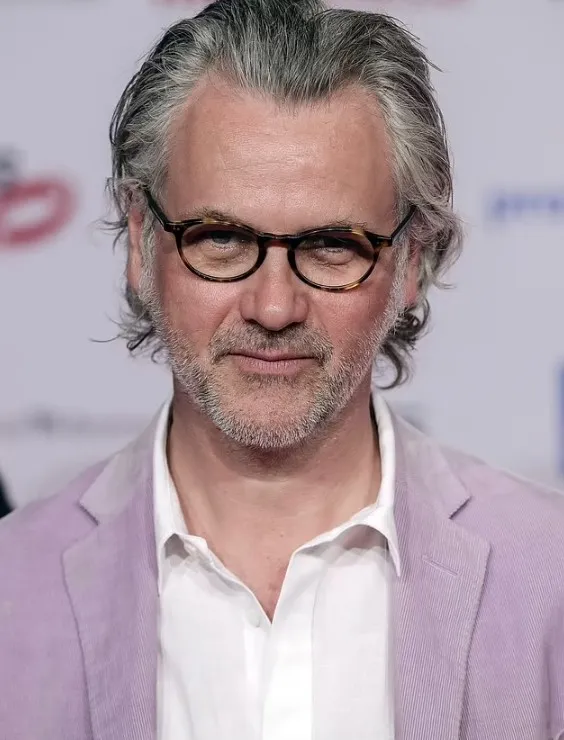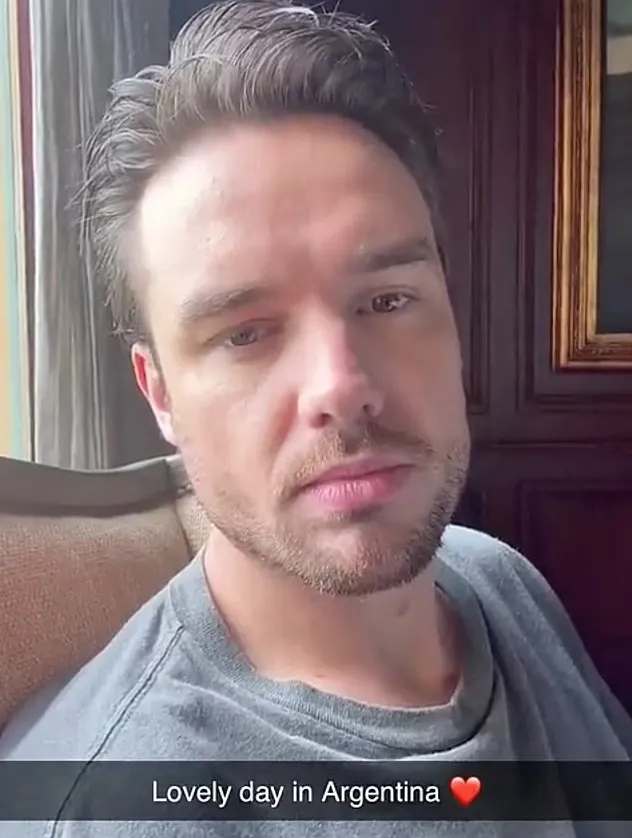Robbie Williams’ friend advocates for a ban on under-18s joining pop bands to protect their mental health following Liam Payne’s death.
The tragic death of Liam Payne has sparked a serious discussion about the mental health of young musicians.
Liam, who was only 16 when he joined the famous boy band One Direction, faced many challenges in the music industry.
His story has led to calls for new rules that would prevent anyone under 18 from joining major pop bands.

Robbie Williams’ friend urges under-18s ban from pop bands for mental health after Liam Payne’s demise
Guy Chambers, a famous songwriter and friend of Robbie Williams, is one of the voices advocating for this change.
He believes that placing teenagers in the adult music world can be harmful to their mental health.
Chambers argues that young artists often lack the support they need to handle the pressures of fame and success.
“I do think putting a 16-year-old in an adult world like that is potentially really damaging. Robbie experienced that, certainly,” he said.

Liam Payne’s death at the age of 31 shocked many fans and fellow musicians.
He had openly discussed his struggles with mental health throughout his career.
Chambers emphasizes that the music industry must do more to protect young talent.
Chambers reflected on his own experiences as a father.
He expressed concern for the well-being of young performers in an industry that can be unforgiving.
He noted that, despite some changes over the years, there is still a lack of proper support for young artists.
“I have four children, so I think about this a lot. I know in Robbie’s case, with Take That, there wasn’t any proper protection set up to look after what were teenage boys.
“That was a long time ago, but I don’t see much sign of change.”

Chambers believes that the industry must learn from these tragedies.
By preventing children and teenagers from entering the music scene too early, we can help protect their mental well-being.
He stated, “There needs to be more real care taken by those involved in big television talent shows.”
Many agree that the current system does not prioritize the health of young performers.
Fame often takes a high toll on mental health, and people frequently overlook the cost.

By implementing age restrictions, the industry could create a safer environment for young talent to grow and thrive.
In addition to age restrictions, Chambers suggests that more mentorship programs be established.
These programs could provide young artists with the support and guidance they need to navigate the complexities of fame
Liam Payne’s rise to fame was swift.
He became a house household name as part of One Direction, one of the biggest boy bands in history.
However, this rapid success came with its own set of challenges.
Many fans and commentators believe that more should have been done to support him and his bandmates during their formative years.

The pressures of fame can lead to severe consequences.
Young artists are often thrust into the spotlight without the tools to cope with the demands of their new lives.
Chambers pointed out that many young people in the industry do not receive adequate protection or guidance.
He called for the music industry to take a more active role in safeguarding the mental health of its young stars.
“There is not much more real care taken, that I have observed, from people involved in the big television talent shows,” Chambers emphasized.
Following Liam’s death, tributes poured in from fans around the world.
People held vigils in cities like London, Paris, and New York to remember his impact on their lives.
Fans shared flowers, letters, and memories, mourning the loss of a beloved artist.